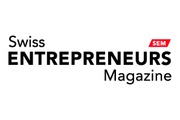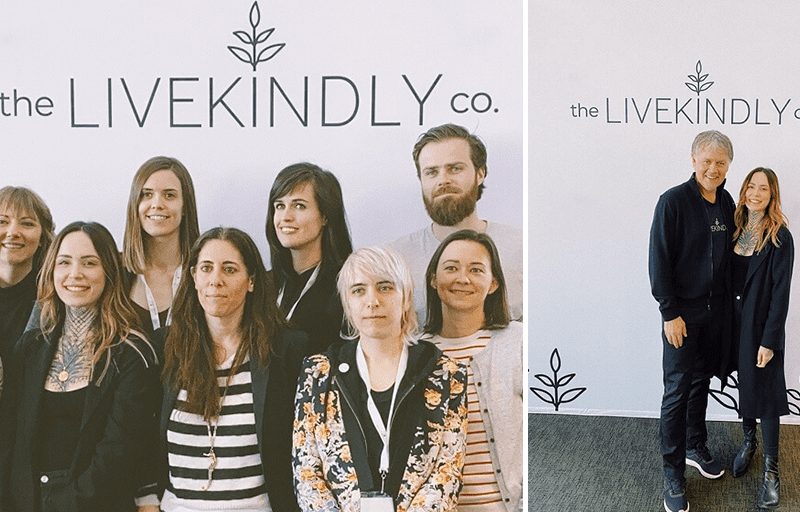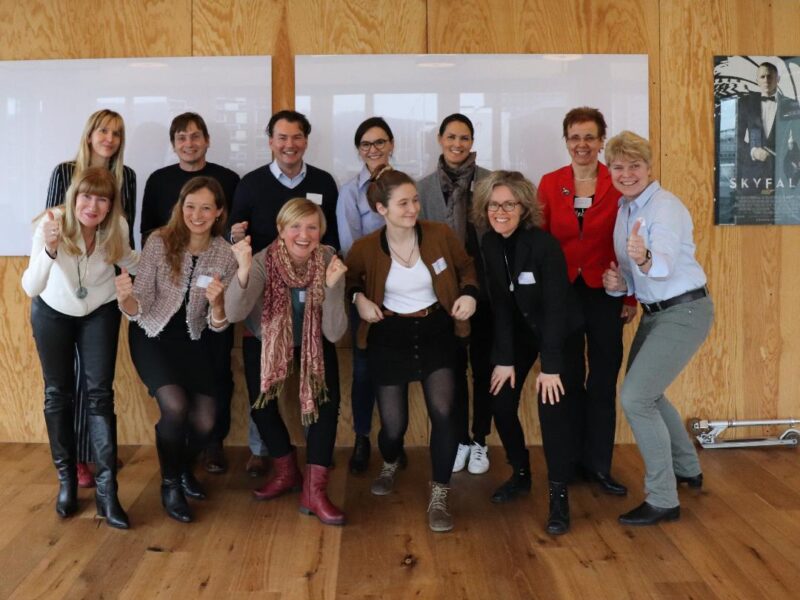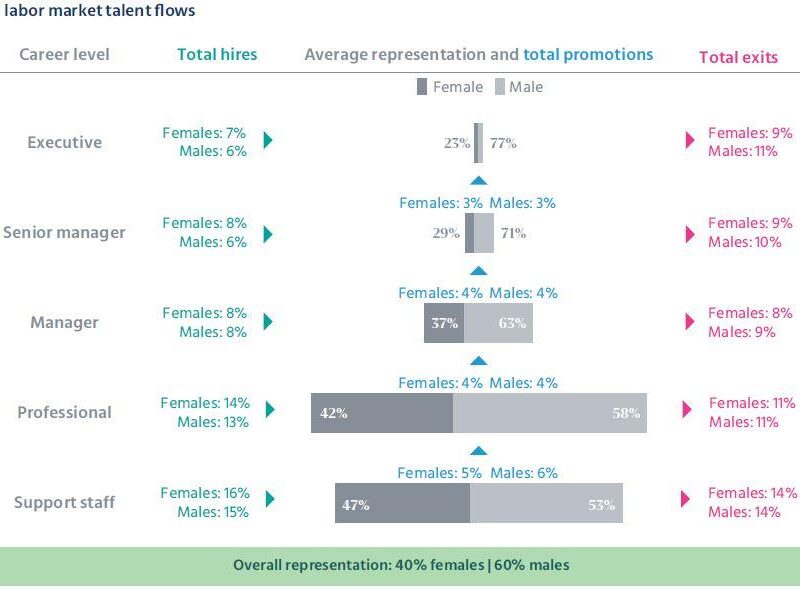DÜSSELDORF ENERGY START-UP POLIGY EMERGED AS THE WINNER OF THE ENERGY TURNAROUND NEWCOMERS 2020 AWARD

Poligy Startup Founders, Artur Steffen (l), and Martin Huber (r), Picture Courtesy of Poligy
In mid February, the German Renewable Energy Federation and Naturstrom AG invited start-ups in the field of green energy to a pitch.
Before an audience of around 1,400 guests from business, politics, NGOs and civil society, the Düsseldorf energy start-up Poligy emerged as the winner of the Energy Turnaround Newcomers 2020 Award. During his five-minute presentation, co-founder Artur Steffen explained how the young company is making the conversion of unused industrial heat into electricity profitable for the first time.
Renewable electricity from industrial heat
Economic chemist and co-founder Martin Huber developed the bipolymer to convert unused industrial waste heat into electricity. This new type of plastic drives generators of power heating machines under the influence of industrial heat (computer centers’, factories, power stations, etc.) and thus produces green electricity. So far, there is no such low-cost technology as the bipolymer-based thermal engines, which produce clean electricity from industrial waste heat at temperatures of 50 to 200 degrees Celsius: First prototypes show that the industry can already use the bipolymer thermal engines to generate electricity from its unused waste heat for approx. 0.05 € per kWh of electricity generation costs.
In addition, Poligy is aiming for a payback period of two to three years. This makes Poligy’s thermal power engines significantly cheaper than conventional technologies for generating electricity from industrial waste heat. In addition, the thermal engines and the bipolymers can be produced in large quantities at low cost and can be easily recycled, for example as an environmentally friendly building material.
Enormous potential for climate and industry
Considering that 45% of industrial heat worldwide is released unused into the atmosphere, the potential is enormous. According to the German Energy Agency, industry in Germany alone could tap a heat potential of 125 terawatt hours per year by avoiding and using industrial waste heat, saving around 37 million tones of climate-damaging CO2 and five billion euros. For comparison: according to the Federal Environment Agency, CO2 emissions in Germany in 2018 totaled 865.6 million tones.
Dr. Simone Peter, President of the German Renewable Energy Federation, explains: “We need more start-ups like Policy, which are not only good for the climate, but whose key technology has the potential to become a German export hit, create jobs and strengthen Germany as a business location.
According to a study by Global Market Insights Inc. from early 2019, the global waste heat market will grow from $40 billion in revenue in 2018 to over $80 billion in revenue in 2025.
For more information about startup Poligy visit:





